Organic Daffodils?
hmariah
last year
Related Stories
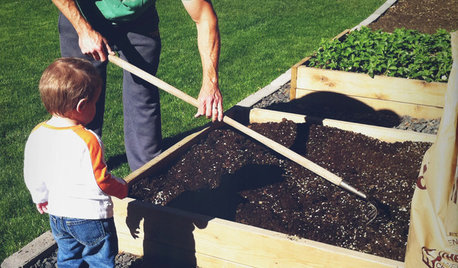
GARDENING GUIDESSouthern California Gardener's September Checklist
Before prime planting time, clean out the old garden, prepare for the new, and dream up ideas for fall flowers and veggies
Full Story0
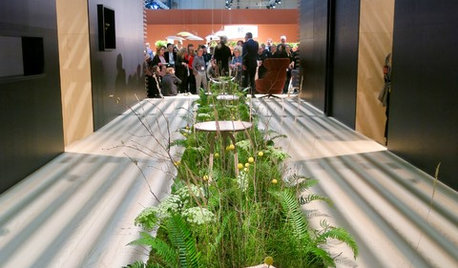
WORLD OF DESIGNNordic Design Trends Balance Comfort With a Wild Streak
Soft shapes and chameleon materials make an impression at the Stockholm Furniture & Light Fair 2018
Full Story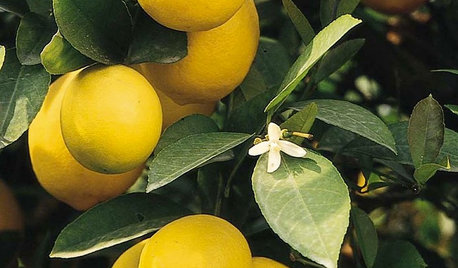
CALIFORNIA GARDENINGCalifornia Gardener's February Checklist
Celebrate 5 California classics: plants that defy winter with bright flowers, luscious fragrance and, for some, delicious taste
Full Story
GARDENING GUIDESNew Ways to Think About All That Mulch in the Garden
Before you go making a mountain out of a mulch hill, learn the facts about what your plants and soil really want
Full Story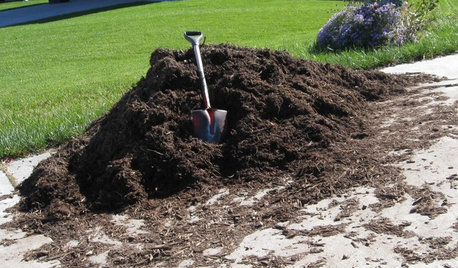
FRONT YARD IDEASBefore and After: Front Lawn to Prairie Garden
How they did it: Homeowners create a plan, stick to it and keep the neighbors (and wildlife) in mind
Full Story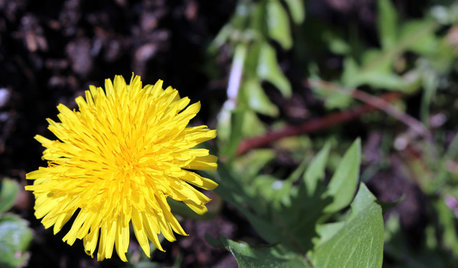
GARDENING GUIDESWhy Your Garden Might Be Full of Weeds
Tired of battling unwanted plants? These surprising reasons for weediness point the way to cures
Full Story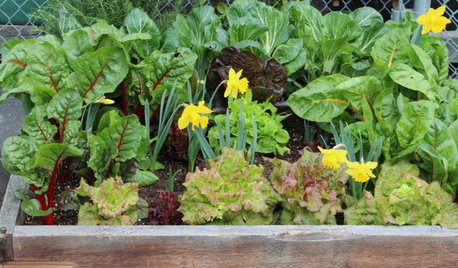
FARM YOUR YARDGrow a Kitchen Garden in 16 Square Feet
Got a sunny 4-by-4 space? You can make meals more interesting with your own vegetables and herbs
Full Story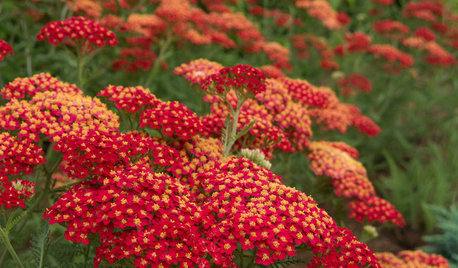
GARDENING GUIDESTop 12 Summer-Blooming Perennials for Deer-Resistant Drama
Can you have garden color, fragrance and exciting foliage with hungry deer afoot? These beauties say yes
Full Story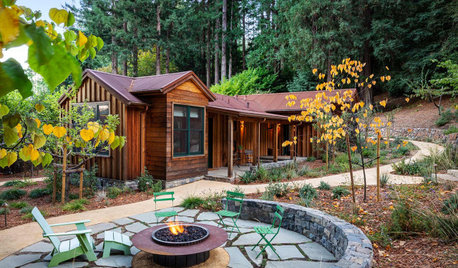
FALL GARDENING7 Reasons Not to Clean Up Your Fall Garden
Before you pluck and rake, consider wildlife, the health of your plants and your own right to relax
Full Story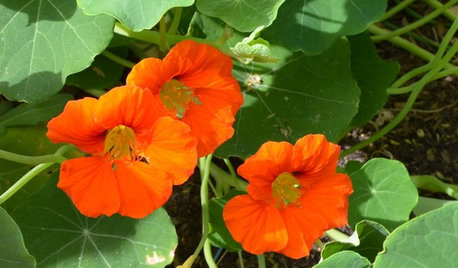
CONTAINER GARDENS7 Deer-Resistant Flowers for Your Summer Containers
Grow these as protection for edibles or just for their colorful beauty — deer might not like them, but everyone else will
Full Story






gardengal48 (PNW Z8/9)
hmariahOriginal Author
Related Professionals
Belmont Landscape Architects & Landscape Designers · Palm Springs Landscape Architects & Landscape Designers · Harrisburg Landscape Contractors · Tehachapi Landscape Contractors · Columbia Decks, Patios & Outdoor Enclosures · Pittsburgh Decks, Patios & Outdoor Enclosures · Ocoee Landscape Contractors · Olympia Landscape Contractors · Wallingford Landscape Contractors · Pasadena Fence Contractors · Peoria Fence Contractors · Zion Fence Contractors · Willowick Landscape Architects & Landscape Designers · Merced Landscape Contractors · Red Oak Landscape Contractorsgardengal48 (PNW Z8/9)
hmariahOriginal Author
hmariahOriginal Author
ken_adrian Adrian MI cold Z5
hmariahOriginal Author
floral_uk z.8/9 SW UK
Cindy 7 VA
beesneeds
hmariahOriginal Author
Fori